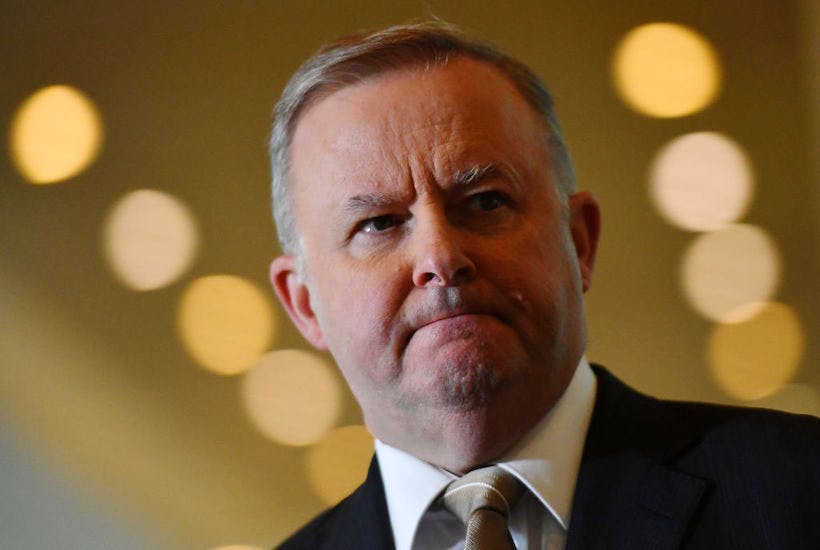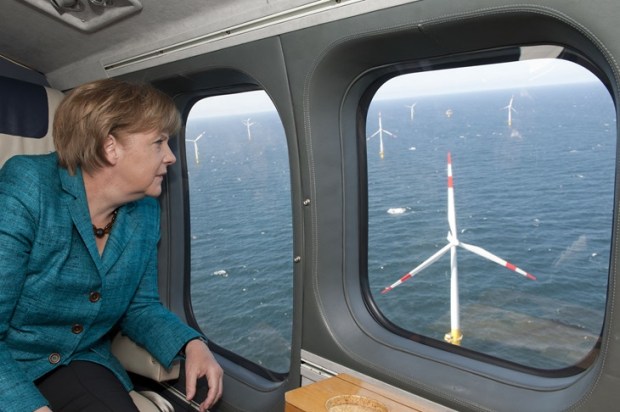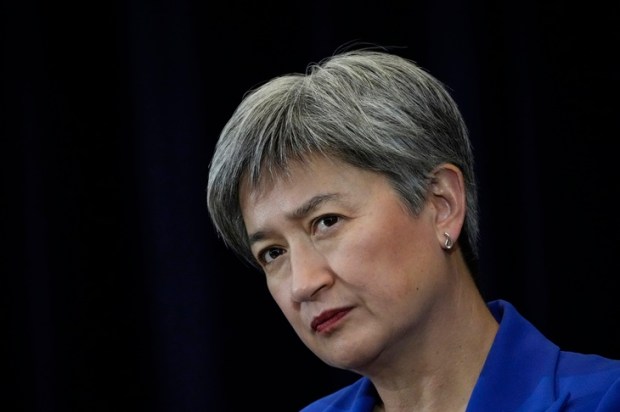If you ever catch a cuppa with an Australian federal or state politician who is out of government and in opposition, he or she will inevitably lament the situation of their party and themselves.
You’re likely to be told about the lack of resources, the lack of critical data, the inability to ‘make a difference, and the difficulty of ‘cutting through’ and getting one’s messages out. Some have described to me their feeling that they’re in some airport waiting lounge ceaselessly waiting on the plane that is power, prestige and policy influence.
Some in opposition become obsessed with the leadership of their respective Party — like the New South Wales branch of the Labor Party currently is — because the waiting lounge is boring and dispiriting. Leadership is the only tangible decision you can be part of when so much else of opposition, as my mate and fellow political veteran John Macgowan recently observed, is basically a media illusion. Switching leaders is like buying KitKats from the waiting lounge’s only vending machine when there’s literally little else to do.
Macgowan notwithstanding, my response to those bitching about opposition is always the same: stop bitching because opposition is actually awesome and can make you awesome too.
I’ve served three stretches as a staffer/advisor in opposition. As a younger man, I bought the usual story about how awful it is, how dreadful the government of the day was, and how opposition was all about ‘waiting until we get to show people how it’s done’. But the more I observed of opposition, the more I became convinced of its critical importance for political parties, for MPs, for staff, and for the strength of Westminster democracy.
If there’s one piece of evidence that proves this, it’s as follows. Those who have served in opposition — rather than those elected or appointed directly into government — are higher quality political participants. As a group, they tend toward broader perspective, an appreciation of the civic institutions which they now populate, greater humility, and stronger desire to make a positive impact.
In the simplest terms, they’ve earned their shot. They’ve climbed a ladder covered in barbed wire to get to the show. And, it shows.
What makes opposition that excellent preparation for being in power and being vested with authority? Well, in some ways, all the criticisms that people make of being in opposition are in fact the key factors of future success in government. Some examples:
Lack of resources = camaraderie. A typical state opposition usually consists of less than 20 real players: the -eader, the deputy leader, their very small offices, and perhaps a handful of other MPs. When there’s no access to millions of dollars’ worth of government departments and fancy consultancies to analyse problems and develop options, you come to rely on the dude at the workstation next to you and she comes to rely on you.
You learn to work hard, fast, and accurately, and to trust in your colleagues to do the same. Being lean and hungry makes your political and policy brain coyote-sharp, and makes your working relationships deep, meaningful and often life-long.
If you and your handful of colleagues can deal with analysing the totality of a complex government budget in less than four hours, and then turning around a credible economic and political response, you start being ready for power and for knowing who you trust to serve with. Sacrifice and intense teamwork are great preparation.
Lack of evidence and expertise = creativity. There’s an upside to not always having reams of data and expert insights on which to base your approach. It’s called getting really good at logic, contextual thinking and risk management.
When one isn’t bound by hard numbers, one comes to rely on alternative rigour of approach. Breaking broader and complex issues down into manageable components; understanding how stakeholders and outcomes interact; having great recall; assessing pros and cons at light-speed and with laser-like skill.
You learn to be politically creative to survive and thrive. That includes developing ideas and concepts that aren’t just the offspring of mega-departments and their own self-interest. That’s hugely important for this sometimes overlooked thing called: hearing the community’s voice.
Irrelevance = access and discretion. The flip side of having no impact on policy is having much more time, capacity and liberty to talk to all sorts of people all the time. In opposition, you can effectively be in a perpetual listening and learning mode — rather than under the pressure of government to constantly fix things.
If you do it well, you can meet and hear from thousands and thousands of people, stakeholders and interest groups, and get real experience of how our society works and how to promote positive change within it. And who is a dickhead and who is not. Effectively, being irrelevant in terms of power and decisions gives you the massive (and honourable) opportunity to connect with the polis.
No ‘cut through’ = cleverness and discipline. Every day of opposition is marked by some punter or some journo telling you how nobody knows who you are or what you stand for — as if they were telling you something original. You can either buy it — which some amateurish operators do — or you can think more deeply.
Because you don’t have your face on the nightly news on a nightly basis — unless you stuff up or dump your leader — you can work harder on your theory of change and on what makes you electable (beyond the naïve gazes and oft-repeated clichés).
For example, the O’Farrell opposition in NSW from 2007 to 2011 knew that everything we did or said — be it policy promises, candidate choices, and even promo photos — had to be about three key characteristics. Namely, we need to show the punters that we were: a) unified (after years of factional infighting); b) inclusive (and a Party for the western suburbs and multicultural voters), and; c) honest (in contrast to the flagrant corruption of the ALP).
Every pundit told us to make more noise, to ‘show vision’, to advertise and to this that and the other straight from Marketing 101 — or just their lunchtime cocktails. We stuck to the guns of our characteristics — and they won an election. But more too: they became the healthy DNA of a newly elected government. (It’s interesting to ask with each passing year of the 10-year-old NSW Coalition government: how much of that DNA remains?)
So, don’t feel sorry for yourself if you’re in opposition and not just because they don’t have access to the limos. They’ve got a great opportunity. They can use a unique time to ready themselves for something really important: serving the public with dignity and purpose. Opposition tends to self-select for hardened guerrilla warriors. Once they victoriously march out of the jungle to govern, they don’t take the privilege of power for granted.
Pete Shmigel writes, coaches, advocates for mental health, and serves on boards — after surviving three CEO gigs and professional politics.
Got something to add? Join the discussion and comment below.
Get 10 issues for just $10
Subscribe to The Spectator Australia today for the next 10 magazine issues, plus full online access, for just $10.

























Comments
Don't miss out
Join the conversation with other Spectator Australia readers. Subscribe to leave a comment.
SUBSCRIBEAlready a subscriber? Log in